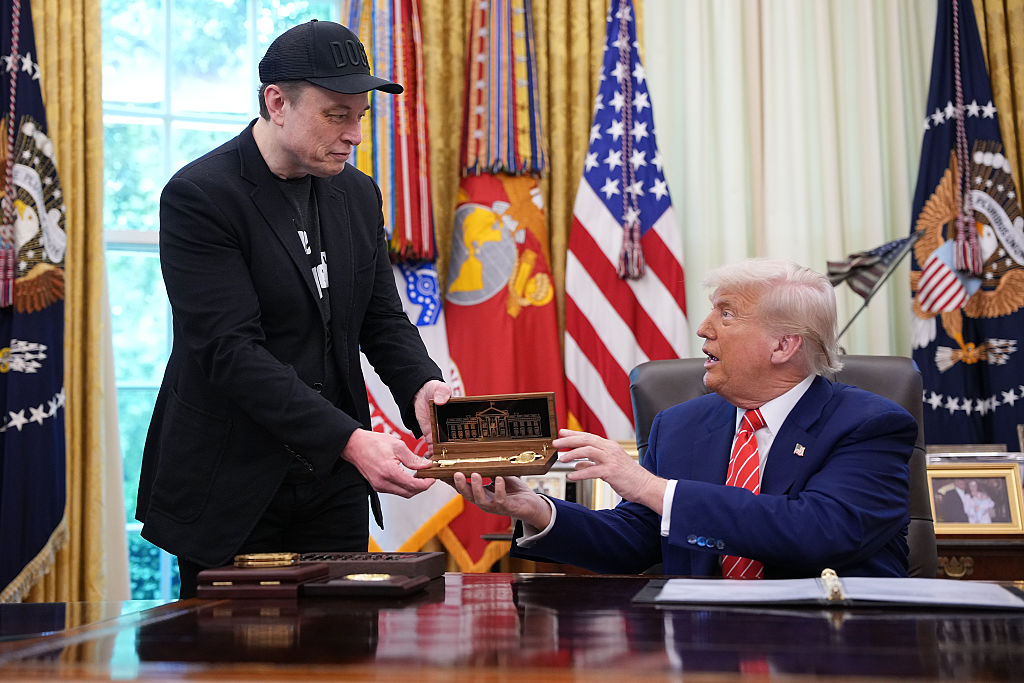Perhaps you’re one of the millions of people who decided to download FaceApp and participate in the ‘#FaceApp Challenge.’ If so, I have just one question: why?
As Kristina Libby, a writer for Popular Mechanics, notes, ‘You may have unintentionally given access to your likeness to malicious actors … to do whatever they want with that content … for life.’
FaceApp burst onto the scene in 2017, when it was downloaded more than 80 million times. Thanks to the ‘make yourself older’ challenge, the app is in recent days experiencing a renaissance of sorts. By using neural networks to simulate what an individual looks like as they age (adding wrinkles, sagging skin, yellowing teeth, etc), the company behind the app encourages users to share their images. All in the name of good, honest fun, we’re told.
As soon as that selfie is uploaded to the app, however, your face and data are in the hands of shadowy figures. As Libby notes, these shadowy souls could potentially use the information for nefarious purposes.
Wireless Lab, the company behind FaceApp, has highly ambiguous sounding Terms of Service. Take Section 5, for example: The user ‘grants FaceApp a perpetual, irrevocable, nonexclusive, royalty-free, worldwide, fully-paid, transferable sub-licensable license to use, reproduce, modify, adapt, publish, translate, create derivative works from, distribute, publicly perform and display your User Content and any name, username or likeness provided in connection with your User Content in all media formats and channels now known or later developed, without compensation to you.’
In other words, FaceApp’s privacy policy allows the app to collect information sent by your device. This includes the websites you visit, as well as the add-ons, and other information that helps the makers ‘improve its service.’ FaceApp has complete access to your device, your photos, and… well, everything.
But don’t worry, folks; the app makers recently responded to TechCrunch, reassuring users that the company has no desire to misuse your data or information. And when have tech companies ever let us down?
Just to add, FaceApp is not based in the US; it’s based in Russia.
With its headquarters situated in St Petersburg, Wireless Lab is managed by Yaroslav Goncharov, an ex-employee of Yandex, a company with close ties to a benign figure by the name of Vladimir Putin, the bear wrestling, sometimes shirtless president of Russia.
Shady Russians and private information, what could go wrong?
Yes, we know what could go wrong, but do we really care?

























